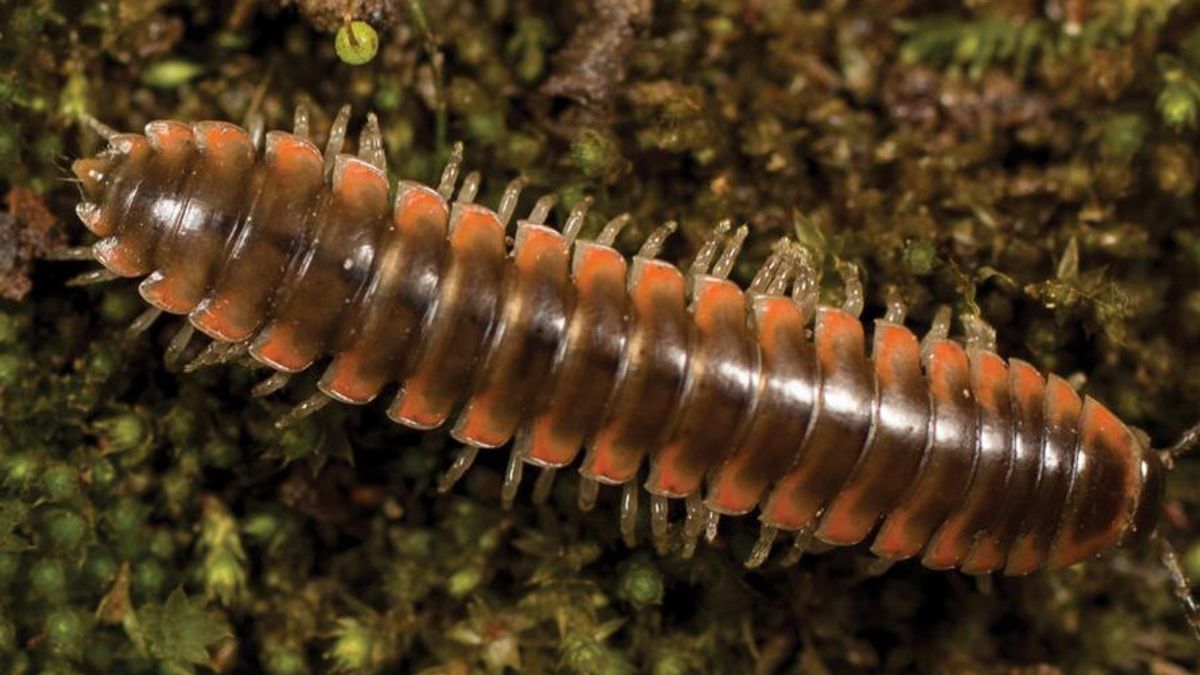JAKARTA - A total of 17 new species of millipedes have been discovered by entomologists living in the Appalachian Mountains, United States (US), and one of these species is uniquely named Taylor Swift.
The millipede belongs to the genus Nannaria, a small group of millipedes distributed in eastern North America.
The entomologist named Derek A. Hennen reasoned, naming the millipede Nannaria swiftae after the famous singer Taylor Swift as a form of appreciation for his work in the music world so far.
"(This is) recognition of his talent as a songwriter and performer and in recognition of the enjoyment his music has brought me through the ups and downs of graduate school," Hennen said as quoted by Science Daily, Tuesday, April 19.
Hennen also named another millipede, Nannaria marianae after his wife, Marian Winsor Hennen. In a study published in the journal Zookeys last week, these millipedes Nannaria swiftae live in forests, where they feed on rotting leaves and other plant material.
According to Hennen and other researchers, the truth is that this species is rather difficult to capture, as they tend to remain buried underground, sometimes beneath the surface.
A multi-year project to collect and record unidentified specimens was launched in 17 states across the Eastern US, where Hennen and fellow scientists Jackson Means and Paul Mare groped the forest floor to peer under rocks, leaves and logs for looking for a hiding millipede.
They found more than 1,800 creatures, including some already found in university and museum collections, with 17 new species described in their report.
The new pair of Nannaria millipedes are 18 and 38 millimeters long and have brown to black stems with white, red or orange spots and white legs. Male Nannaria millipedes are characterized by having twisted claws on the tips of their forelegs.
"This species has been collected in mesic forests with hemlock, maple, oak, tuliptree, witch hazel, and pine, at elevations ranging from 481m (1,578 ft) to 1,539m (5049 ft)," the researchers said.
In the future, Hennen and his colleagues hope to discover more new species of millipedes in the southern Appalachian Mountains.
The English, Chinese, Japanese, Arabic, and French versions are automatically generated by the AI. So there may still be inaccuracies in translating, please always see Indonesian as our main language. (system supported by DigitalSiber.id)













